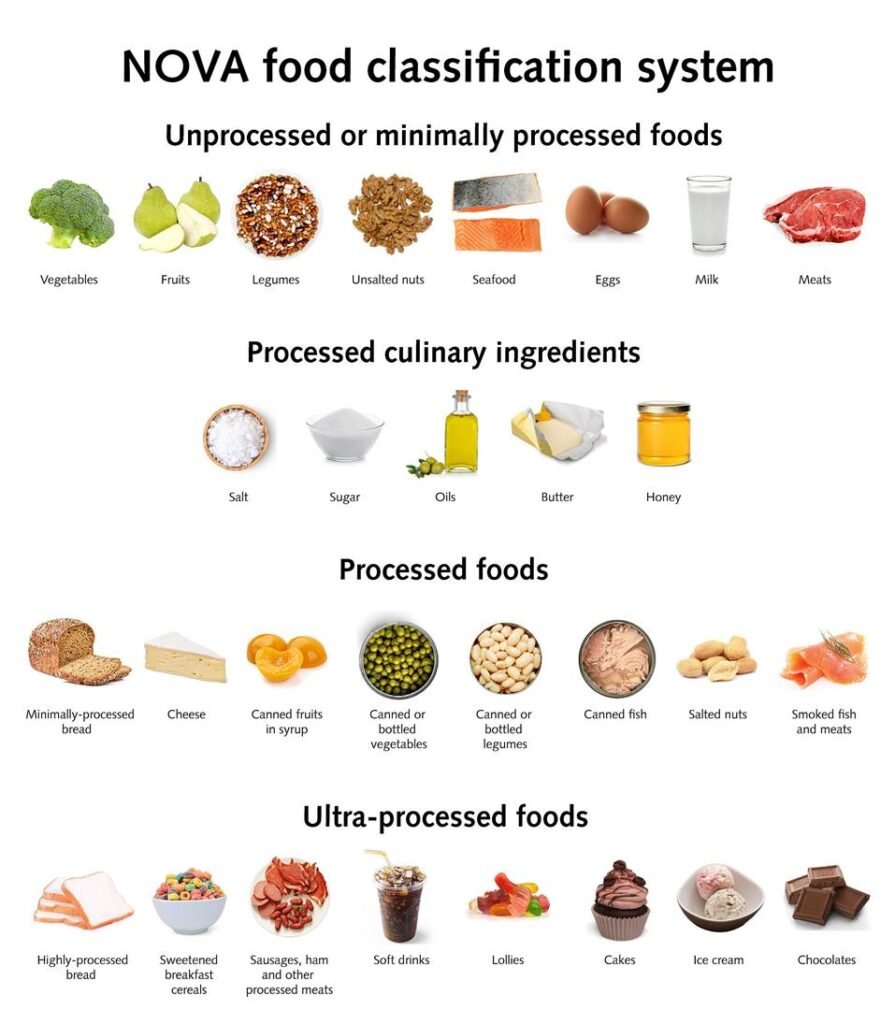Ultra-processed foods are convenient, highly palatable and include products such as soda, candy, frozen meals, and energy bars. Recent studies are now showing that these food products can hurt both mental and physical health. Moreover, ultra-processed foods increase health risks, including cardiovascular disease, type 2 diabetes, obesity, anxiety, and depression.

A meta-analysis found that diets high in ultra-processed foods increased risks of wheezing, poor sleep, cognitive decline, and death. Similarly, a Nutrients study reported a 44% higher risk of depression and a 48% increase in anxiety when 33% of calories came from ultra-processed foods. Brazilian researchers also noted a 28% faster cognitive decline in those consuming 20% of their calories from ultra-processed foods.
Ultra-processed foods are particularly addictive. They are designed to suppress normal satiety signals. Such foods, high in sugar, fat, salt, and artificial additives for “hyper-palatability,” make one overeat. For example, in a two-week experiment conducted by the National Institutes of Health, participants on ultra-processed diets got 500 extra calories per day and gained weight, while a comparable whole food diet resulted in a loss of weight.

Nutritional deficiencies also play a role in the adverse effects of these foods. High consumption often displaces nutrient-rich whole foods like fruits, vegetables, and whole grains. These whole foods provide phytonutrients, such as polyphenols, which have antioxidant and anti-inflammatory benefits. Low intake of these compounds is linked to depression and other mental health concerns.
Ultra-processed products often include ingredients not normally found in the home kitchen—like artificial sweeteners and flavorings—that may interfere with normal brain function and the manufacture of essential neurotransmitters like dopamine and serotonin.

To protect mental and physical well-being, prioritizing minimally processed and whole foods is essential. Replacing ultra-processed items with fresh fruits, vegetables, and simple grains can support heart health, improve cognition, and reduce the risk of chronic diseases.
Focus on whole foods for a healthier brain and body.
Reference- National Geographic, BBC, Journal Nutrients, BMJ study, University of Michigan, Journal of Neurology






